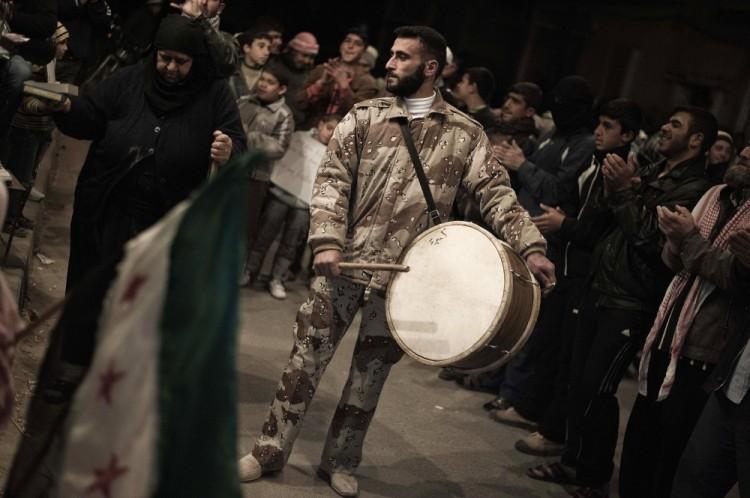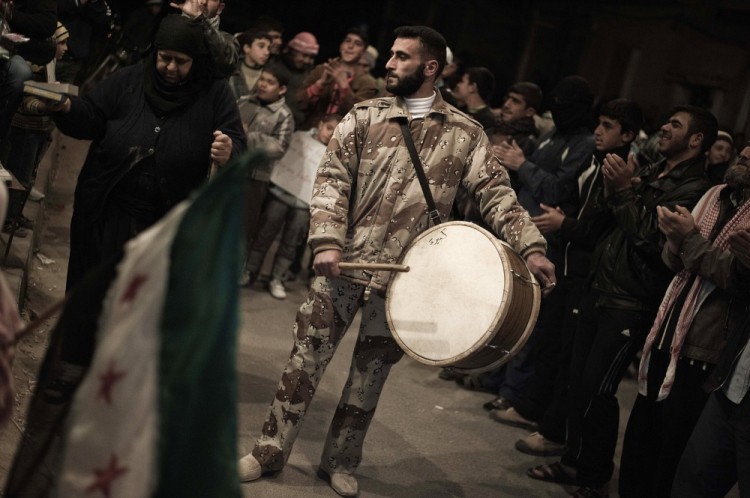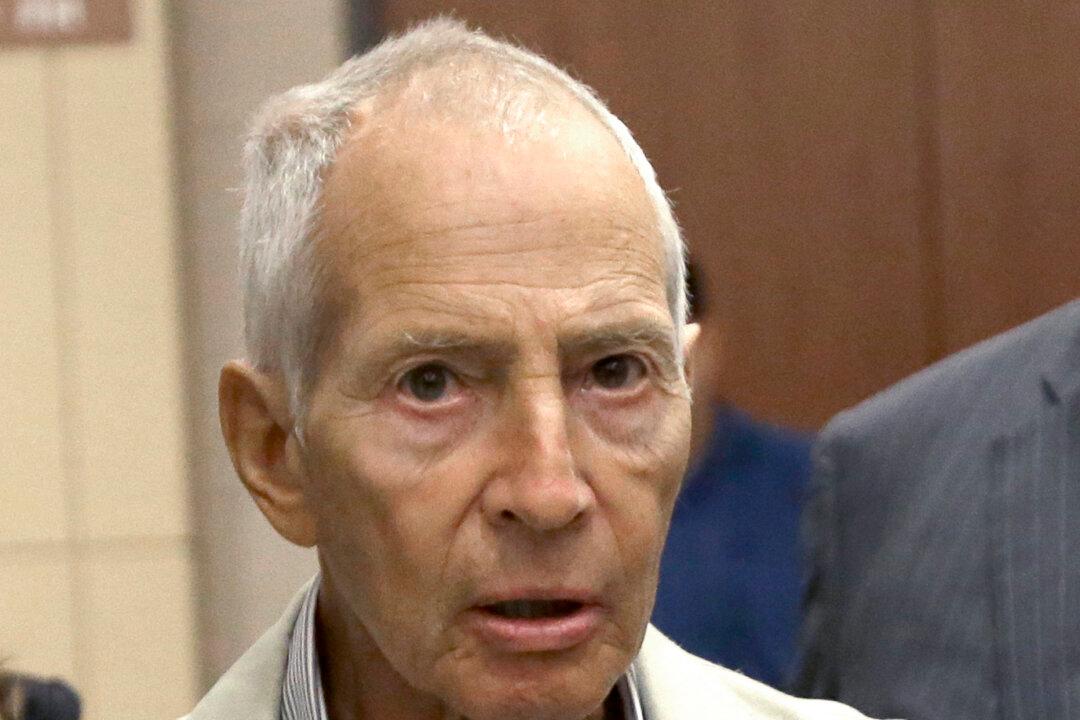The European Union on Monday agreed to place more sanctions on Syria, citing the “regime’s continued use of violence against civilians,” according to a statement.
The EU will suspend trade in gold, precious metals, and diamonds with Syrian businesses and its central bank. Syrian central bank assets contained within the EU were also frozen, though legitimate trade can still take place under “strict conditions,” according to the statement.
Seven ministers in the Syrian government were subjected to an assets freeze and a travel ban, the EU said. They will join other Syrian government officials and high-ranking businessmen in not being able to enter the bloc.
Furthermore, cargo planes operated by Syrian airliners will not be able to use airports in the EU, “with the exception of mixed passenger and cargo flights,” the statement reads.
The increase in sanctions comes just a few hours after Syrians cast their vote in a referendum on the country’s constitution that would allow other parties to take part in the country’s political process, which has been dominated by the ruling Ba'ath Party for decades. Western leaders and activists criticized the vote as a sham.
The Local Coordination Committees activist network said 22 people were killed in Homs, where persistent army shelling and attacks have killed hundreds in the past three weeks. Another 11 people were killed across the country.
On Monday, the International Committee of the Red Cross along with the Red Crescent entered Hama for the first time in more than a month and will distribute food and supplies. The group said it is still trying to enter the Baba Amr neighborhood in Homs to deliver aid and evacuate people trapped there.






